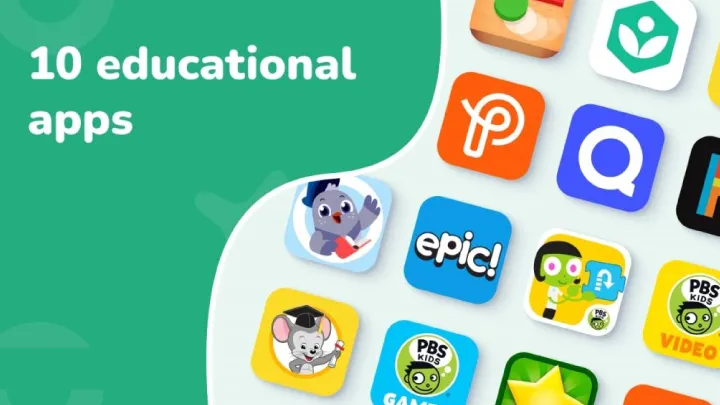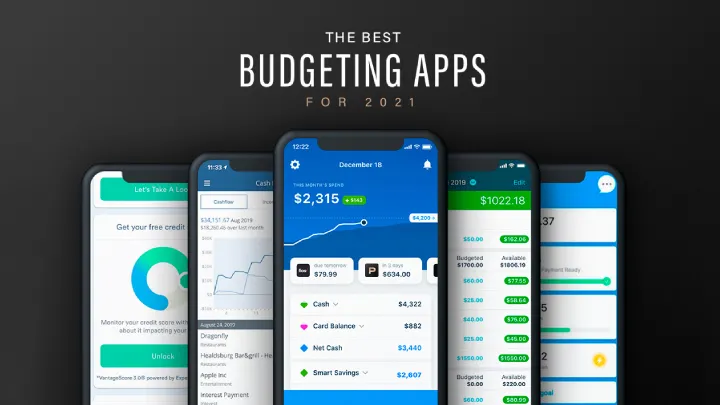Artificial intelligence has transformed healthcare over the last decade, and 2025 is proving to be the year when AI-powered personal health coach apps mature into essential everyday companions. From nutrition tracking and chronic condition management to stress relief, running programs, and real-time biometric guidance, AI is now deeply embedded in how we monitor and improve our health.
This article explores the top five AI-powered personal health coach apps in 2025, organized chronologically and thematically. It begins with early pioneers like HealthifyMe and Lark, moves through hybrid AI-human models such as Noom, highlights fitness-specific innovations like Aaptiv and Urunn, and finally examines cutting-edge developments like Fitbit’s Gemini-powered coach and experimental research platforms.
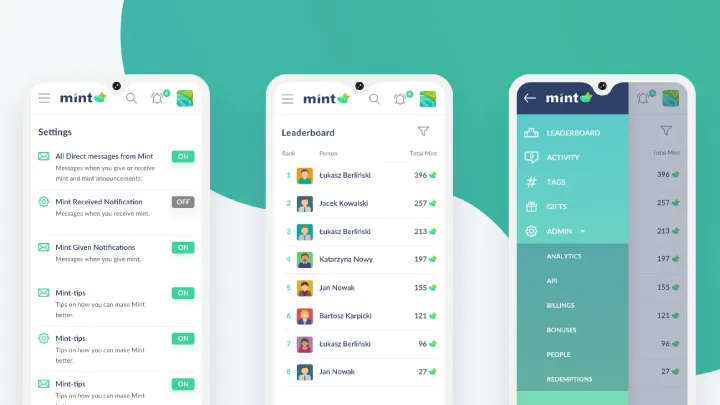
1. HealthifyMe – India’s AI Nutrition Pioneer
HealthifyMe first rose to prominence in Asia thanks to its AI nutritionist, Ria, launched in 2017. Ria analyzed millions of user food logs, particularly tailored for Indian cuisine, offering personalized diet suggestions, weight management tips, and exercise routines. What made HealthifyMe special was its regional specificity: while most global apps ignored local diets, Ria adapted to the diverse food landscape of India.
By 2025, HealthifyMe has enhanced Ria with more advanced personalization. The app now integrates behavioral data such as eating times, sleep patterns, and emotional triggers, allowing it to create truly individualized health plans. For example, a user logging frequent late-night snacking might receive AI-driven suggestions for healthier alternatives or reminders to adjust meal timings.
HealthifyMe’s strength lies in its combination of culturally relevant nutrition coaching and scalable AI capabilities. Millions of users across India and neighboring countries continue to rely on Ria, and in 2025 the app has started expanding into Western markets by incorporating global food databases.
2. Lark Health – AI Nurse for Chronic Conditions
Lark Health was founded in 2011 with the vision of providing round-the-clock AI-based support for people with chronic conditions such as diabetes, hypertension, and obesity. Its conversational AI “nurse” coaches users via text messaging, interpreting health data and offering personalized lifestyle recommendations.
In 2025, Lark remains one of the most impactful apps in chronic disease management. Its AI not only monitors biometrics from connected health devices but also adjusts advice based on long-term user trends. For example, if blood pressure readings remain elevated, the AI nurse may recommend incremental changes in diet, activity, or medication adherence.
One of Lark’s greatest strengths is its recognition by healthcare authorities. In the U.S., it is part of CDC-endorsed diabetes prevention programs and is covered by many insurance providers. This level of integration makes it more than a consumer wellness app—it is a critical tool in public health.
3. Noom with “Welli” – Behavioral Change Meets AI
Noom gained popularity by merging cognitive-behavioral therapy principles with weight management. Its structured lessons and human coaching helped millions adopt healthier habits. In 2025, Noom introduces Welli, an AI companion that complements the traditional program.
Welli provides 24/7 support for food logging, medication reminders, and habit tracking. One standout feature is photo-based meal recognition: users snap a picture of their plate, and Welli instantly analyzes the nutritional content, offering feedback on portion size, balance, and healthier substitutions.
Unlike pure AI-driven apps, Noom’s strength lies in its hybrid model. While Welli delivers immediate assistance, human coaches remain available to provide emotional support and accountability. The combination of AI precision and human empathy ensures users feel guided but not isolated.
4. Aaptiv – AI-Guided Audio Fitness Coaching
Aaptiv carved a niche in the fitness market with its audio-based workouts. Instead of staring at a screen, users listen to expert trainers who guide them through exercises ranging from running to strength training. AI enhances this experience by personalizing workout recommendations based on fitness levels, goals, and user feedback.
By 2025, Aaptiv has further refined its AI personalization. The app adapts workout intensity dynamically—if a user struggles during a high-intensity interval, the AI coach suggests alternatives or reduces intensity in real-time. Conversely, it can push advanced users toward new challenges, ensuring consistent progression.
The audio-first design makes Aaptiv unique. In a world where most fitness apps bombard users with visuals and stats, Aaptiv’s screen-free approach feels refreshing, immersive, and safer for outdoor activities like running or cycling.
5. Urunn – Mo Farah’s AI Running Coach
Launched in mid-2025, Urunn quickly attracted attention thanks to its association with Olympic champion Mo Farah and former marathoner Adam Clarke. Unlike general fitness apps, Urunn is built specifically for runners, combining elite athletic expertise with AI-driven coaching.
Urunn’s standout feature is its personalized running programs. The AI considers pace, training history, and fitness level to craft realistic daily plans. It can answer user questions directly—such as whether to shorten a run due to fatigue—and provides adjustments in real time.
The app is also designed for accessibility. Beginners benefit from simplified plans that break intimidating goals into achievable steps, while competitive runners can access professional-level training insights. By bridging expert human knowledge and AI adaptability, Urunn raises the bar for running apps.
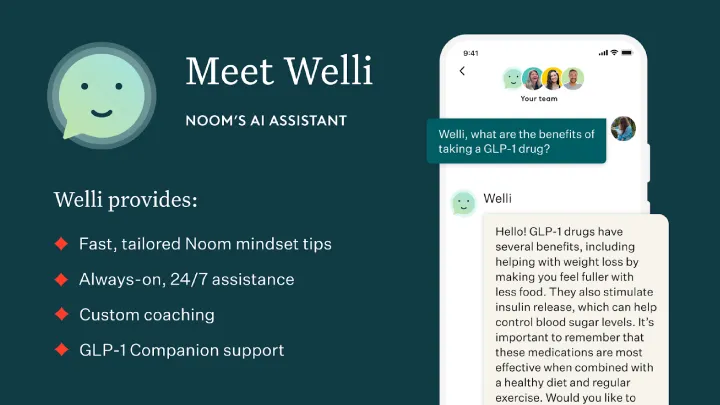
6. Neurofit – AI Meets Neuroscience for Stress Relief
While many health apps focus on physical wellness, Neurofit brings attention to mental health and stress management. Launched globally in 2025, it uses AI combined with neuroscience to deliver somatic exercises, breathing routines, and personalized relaxation strategies.
Neurofit distinguishes itself with its global accessibility: the app supports over 40 languages, making it one of the most inclusive AI wellness platforms to date. Users worldwide can access guided stress relief sessions that adapt to cultural and linguistic nuances.
The app also balances technology with empathy. Neurofit’s creators acknowledge that AI-driven mental health support can feel cold or mechanical. To address this, they designed the system to adapt over time, learning from user feedback and offering responses that feel more empathetic and supportive.
7. Fitbit’s AI Personal Health Coach (Powered by Gemini)
In October 2025, Fitbit announced a major update: the rollout of its AI-powered personal health coach, built on Google’s Gemini model. This feature is available to Fitbit Premium users and represents one of the most advanced integrations of AI with wearable devices.
The coach can analyze real-time data from Fitbit devices—heart rate, sleep patterns, activity levels—and respond to complex queries. For example, users might ask: “Should I work out today or get extra sleep?” The AI interprets biometric data, recent trends, and medical guidelines to give context-aware recommendations.
What makes Fitbit’s coach particularly powerful is its credibility. Developed in collaboration with Stephen Curry’s performance team and peer-reviewed researchers, it is positioned as both innovative and safe, addressing concerns about misinformation in AI health advice.
8. Fitbit and Pixel Ecosystem – Hardware Meets AI Coaching
Alongside Fitbit’s AI coach, Google launched the Pixel Watch 4 in late 2025. This watch introduces improved biometric tracking, including temperature monitoring and advanced sleep analysis, and it syncs seamlessly with the Gemini-powered health coach.
The synergy between hardware and AI software is transformative. Instead of simply logging data, the watch provides actionable insights through the AI assistant. For example, after detecting poor sleep quality, the coach might adjust the day’s fitness goals or suggest stress-management techniques.
Sustainability is another highlight. Google designed the Pixel Watch 4 to be more repairable, with iFixit-supported parts available for consumers. This move reflects a growing trend: making health technology not only smarter but also more eco-friendly and accessible.
9. Emerging AI Research – PhysioLLM and Mirai
Beyond commercial apps, 2025 also showcases groundbreaking research in AI-driven personal health coaching. Two notable projects are PhysioLLM and Mirai.
PhysioLLM integrates wearable data with large language models to provide actionable insights. For instance, it can detect patterns in sleep or activity and suggest evidence-based adjustments, offering more precise recommendations than consumer apps.
Mirai, introduced in early 2025, takes things further. It acts as a wearable AI system that provides real-time nudges in the user’s own voice. Using environmental cues, speech, and even camera analysis, it anticipates decisions—like what you might eat or how you might manage stress—and gently guides you toward healthier choices.
These experimental systems offer a glimpse of the next frontier: AI that doesn’t just respond but proactively shapes behavior in subtle, context-aware ways.
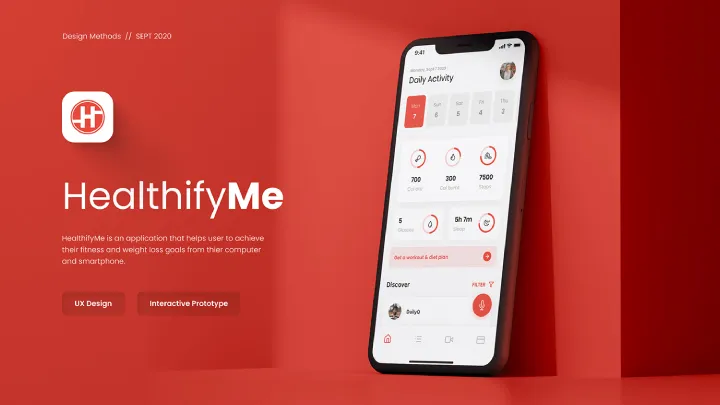
10. Future Trends and Outlook for AI Health Coaching
The landscape of AI-powered personal health coaching in 2025 demonstrates both consolidation and innovation. Established platforms like HealthifyMe, Lark, and Noom continue to refine their offerings, while newcomers like Urunn and Neurofit expand into specialized niches. Fitbit’s integration with Gemini and the Pixel ecosystem signals a new era of hardware-software synergy.
Looking ahead, several key trends stand out:
- Behavioral personalization: Apps are moving beyond generic tips to deeply individualized coaching based on patterns of behavior.
- Context-aware AI: Mirai shows how future assistants may anticipate decisions before we make them.
- Multimodal interfaces: AI will increasingly rely on voice, visuals, and sensor data rather than just text.
- Clinical validation: More apps will seek approval and partnerships with healthcare providers to build trust.
- Global accessibility: Language support and cultural adaptation, as seen with Neurofit, will become industry standards.
By 2026, we may see AI health coaches move entirely off screens, functioning as invisible companions in our daily lives—always present, always adaptive, and seamlessly integrated into our environments.
Summary of the Top 5 Apps
- HealthifyMe – Best for nutrition and regional dietary guidance.
- Lark Health – Best for chronic condition management.
- Noom (Welli) – Best for behavior change and habit formation.
- Aaptiv – Best for audio-based fitness coaching.
- Urunn – Best for AI-driven running programs.
Conclusion
In 2025, AI-powered personal health coaches are no longer futuristic concepts—they are here, intelligent, and indispensable. Whether you want to manage a chronic illness, adopt healthier habits, reduce stress, or train like an Olympian, there is now an app designed for your specific needs.
The combination of scalable AI, human expertise, and real-time biometrics has created tools that are both highly personalized and widely accessible. As we move toward 2026, the next challenge will be ensuring these systems remain trustworthy, clinically sound, and empathetically human in their guidance.
The future of health coaching is not just digital—it is adaptive, global, and deeply personal.
















